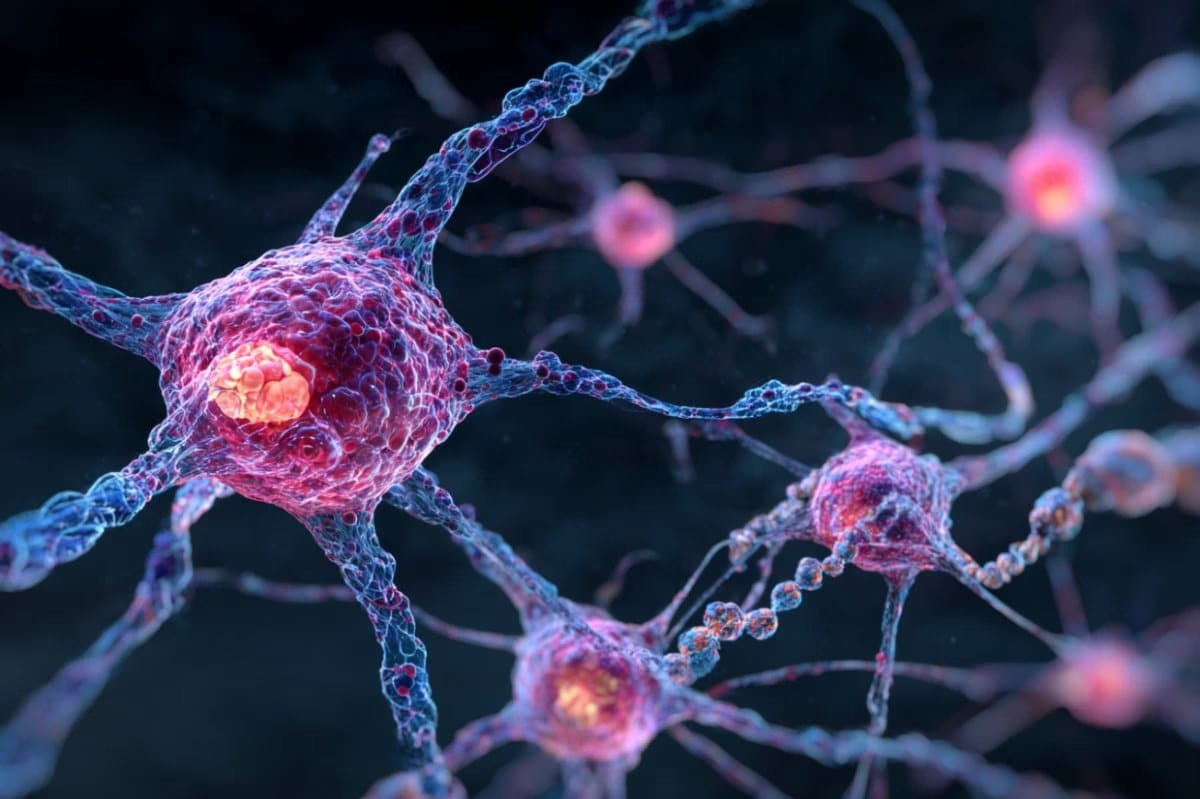Scientists have uncovered a new role for cypin, a brain protein that helps maintain the stability of synaptic connections—the junctions where neurons communicate. These findings, published in Science Advances, could pave the way for treatments targeting traumatic brain injury and neurological diseases like Alzheimer’s and Parkinson’s.
A Rutgers University–New Brunswick research team discovered that cypin enhances the “tagging” of specific proteins at synapses, ensuring they are correctly positioned for efficient signal transmission. This precise placement is crucial for learning, memory, and overall brain function.
The study also found that cypin interacts with the proteasome, slowing the breakdown of certain proteins, allowing beneficial ones to accumulate and strengthen synaptic activity. Additionally, cypin boosts the function of another protein, UBE4A, further improving the tagging process.
Higher levels of cypin were linked to increased concentrations of vital synaptic proteins, enhancing communication between brain cells and supporting synaptic plasticity—the brain’s ability to adapt over time.
Lead researcher Bonnie Firestein, a Distinguished Professor of Cell Biology and Neuroscience, said therapies that target cypin could help restore healthy brain connections and improve cognitive abilities. While this work is still in the “basic research” stage, it holds strong potential for translation into real-world treatments.
Because synaptic dysfunction is a hallmark of neurodegenerative diseases and brain injuries, boosting cypin’s activity could be a promising strategy for preserving and repairing brain health.



